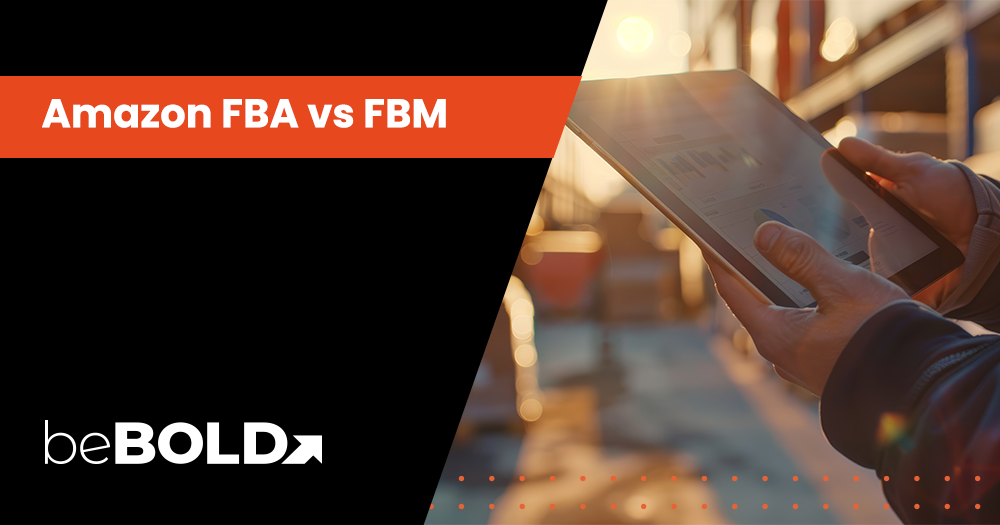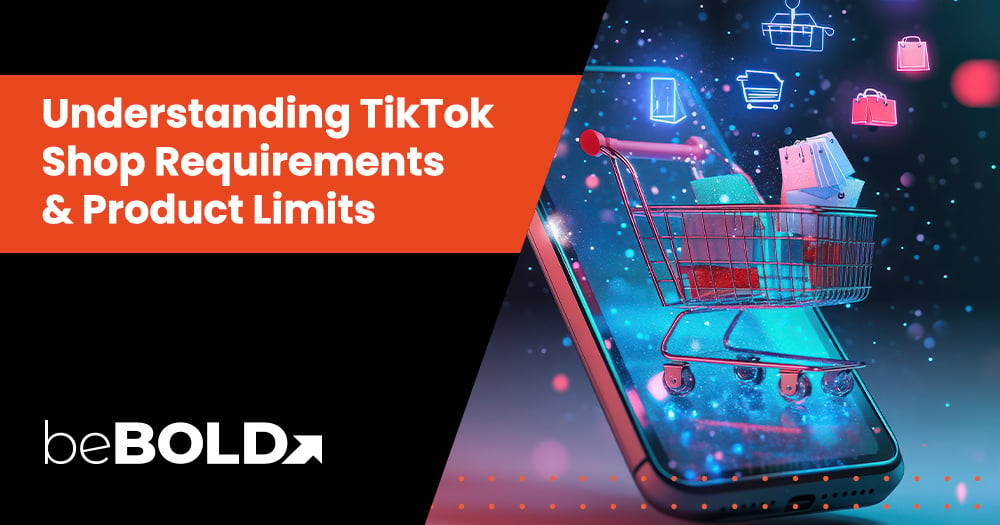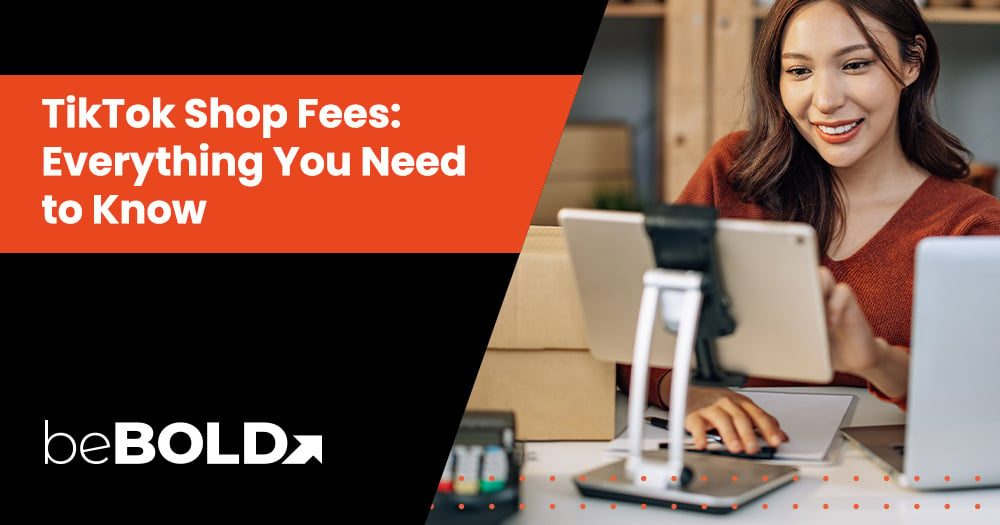In the highly competitive realm of eCommerce, where Amazon is a behemoth platform that countless merchants aspire to conquer, choosing the right fulfillment method on Amazon can be overwhelming, especially when you're torn between FBA (Fulfillment by Amazon) and FBM (Fulfillment by Merchant). Many sellers struggle with questions like, "Which option will save me money?" or "How can I ensure fast shipping and satisfied customers?" This decision can directly impact your profits, workload, and customer experience. Fortunately, understanding the key differences between FBA and FBM can help you make an informed choice tailored to your business needs.

This article explores the essential factors of Fulfillment by Amazon (FBA) and Fulfillment by Merchant (FBM), covering cost considerations, logistics, customer service, and more. With the convenience and efficiency of FBA contrasting the control and personal touch of FBM, each approach offers unique benefits.
Knowing the distinctions between Amazon FBA vs. FBM will help you make an informed decision for your Amazon marketplace management and select the optimal fulfillment method for your business.
What is Amazon FBA and How Does it Work?

Fulfillment by Amazon (FBA) is a service offered by Amazon that streamlines the entire fulfillment process for Amazon sellers in its marketplace. When you enroll in FBA, you send your products to Amazon's fulfillment centers, where they are stored, picked, packed, and shipped to customers. Amazon also handles customer service and returns.
Moreover, your FBA items can be eligible for Amazon Prime, attracting more customers. Despite the numerous benefits of FBA, using it may incur additional costs like inventory storage fees and fulfillment fees, impacting profit margins, especially for products with slow sales.
Here's a step-by-step breakdown of the FBA process:
- Product Sourcing and Preparation: Carefully select products that align with Amazon's guidelines and prepare them for shipment, including labeling and packaging.
- Shipping to Amazon Fulfillment Centers: Ship your products to Amazon's designated fulfillment centers, ensuring they meet specific packaging and labeling requirements.
- Storage and Inventory Management: Amazon stores your products in their warehouses, managing inventory levels and tracking stock movements.
- Order Fulfillment: When a customer places an order, Amazon picks, packs, and ships the product directly to the customer's address.
When to Choose FBA?
You should consider using FBA if:
- You want to increase visibility: FBA products are often prioritized in Amazon's search results and are eligible for Prime shipping, which can significantly boost sales.
- You want to simplify logistics: FBA handles storage, packaging, shipping, and customer service, freeing you up to focus on other aspects of your business.
- You want to improve customer experience: Amazon's excellent customer service reputation can enhance your brand's image.
- You want to expand your reach: FBA can help you reach a global audience.
- You have a high-volume, high-turnover product: FBA can be more cost-effective for products that sell quickly.
What is Amazon FBM and How Does it Work?
Fulfilled by Merchant (FBM) is a fulfillment method on Amazon where sellers are responsible for storing, packing, and shipping their products to customers themselves. In contrast to Fulfillment by Amazon (FBA), where Amazon handles these tasks, FBM gives sellers more control over their operations.

One advantage of FBM is potentially lower costs since you won't incur Amazon's storage and fulfillment costs. However, you must consider that you may not be eligible for Amazon Prime, which could affect customer perception.
Here's how FBM works:
- Product Listing: Create detailed Amazon product listings with high-quality images, accurate descriptions, competitive pricing, and optimized keywords to improve search visibility.
- Order Fulfillment: Upon receiving a customer order, process it, prepare the product, and ship it securely to the customer's address using a reliable carrier.
Customer Service: Promptly respond to customer inquiries and handle returns and refunds according to Amazon's policies.
When Should Businesses Use Amazon FBM?
You should consider using FBM if:
- You have a low-volume or niche product: If you're not selling a high volume of products or your products are unique or specialized, FBM can be a cost-effective option.
- You want more control over your operations: With FBM, you have complete control over your inventory, packaging, and shipping processes.
- You have a strong customer service team: FBM requires you to handle customer inquiries and returns, so having a dedicated team to manage these tasks is crucial.
- You want to optimize shipping costs: By using your own product shipping carriers and negotiating rates, you can potentially reduce shipping costs.
- You have a well-established warehouse and logistics system: If you already have efficient warehousing and shipping processes in place, FBM can be a seamless integration into your existing operations.
Amazon FBA vs. FBM: How Do They Differ?

The two primary fulfillment methods, FBA and FBM, each have their own set of pros and cons. Understanding the key advantages and disadvantages of these two models can help you make informed decisions about your selling strategy. Let's dive into the key difference!
Cost Structure
FBA
Several factors come into play when considering the cost structure of Amazon FBA vs. FBM fees. Firstly, storage fees vary based on product size and storage duration, and you pay for the space your products occupy in Amazon's fulfillment centers.
Additionally, fulfillment fees cover the cost of packing and shipping products to customers upon order placement, and the product's size and weight determine these fees. It's also essential to consider removal and disposal fees if you need to remove items from Amazon's warehouses or dispose of unsellable inventory.
To make an informed decision, use an FBA calculator to calculate your potential FBA costs.
FBM
The merchant bears various costs through the FBM method. For instance, shipping costs fall under your responsibility, while factors like shipping methods, distance, and the courier chosen influence these costs.
Additionally, you'll need to provide packaging materials. Opting for self-storage is an option entailing expenses that may differ from FBA storage fees. Lastly, FBM necessitates managing customer inquiries and returns, requiring a budget allocation for customer service resources.
Logistics and Scalability
FBA
Amazon's extensive fulfillment network offers a well-established infrastructure that streamlines the entire process from storage to shipping. It makes your products eligible for Amazon Prime, a major perk that can attract a larger customer base. With fast and free shipping for Prime members, your products have increased sales potential.
FBM
With FBM, you handle all aspects of logistics in-house, from inventory management to order fulfillment. While this requires more hands-on effort and coordination, it grants you greater control over the packing and shipping process, enabling personalized touches and branding. FBM allows for unique packaging, maintains direct control over fulfillment, and offers more flexibility in operations.
Customer Service and Returns
FBA
Amazon takes charge of customer inquiries and returns, providing businesses with a hassle-free customer service experience. Amazon's efficient customer support team manages all customer interactions, allowing sellers to focus on other aspects of their business.
FBM
The seller is responsible for managing customer service and returns. FBM involves handling inquiries, processing returns, and ensuring customer satisfaction directly, offering more control and customization over the customer experience.
Here is an overview table of Amazon FBA vs. FBM:
|
Factors |
Amazon FBA |
Amazon FBM |
|
Cost Structure |
|
|
|
Logistics and Scalability |
|
|
|
Customer Service and Returns |
Amazon handles customer inquiries and returns |
Seller manages customer service and returns processes |
What Are the Key Differences Between FBA and FBM Sellers?
It is crucial for Amazon sellers to understand the nuances between Fulfillment by Amazon (FBA) and Fulfillment by Merchant (FBM), as the two methods significantly impact a seller's operations, profitability, and overall success. Let's discuss major factors such as profitability, time to market, time commitment, top product categories, and business strategies to help you make the right choice.
Which Fulfillment Method is More Profitable: Amazon FBA vs. FBM?
Based on the data, FBM sellers tend to be more profitable than FBA sellers.
While FBA offers convenience and increased visibility, it also comes with higher fees, which can eat into profit margins. On the other hand, FBM sellers have more control over their costs and can often achieve higher profit margins, as evidenced by the higher percentage of FBM sellers earning over $25,000 per month and having profit margins exceeding 20%.
Which Fulfillment Method Allows Sellers to Start Faster: Amazon FBA vs. FBM?
FBM generally allows sellers to start faster than FBA.
The data indicates that FBM sellers tend to launch their businesses more quickly. A higher percentage of FBM sellers (42%) were able to start selling on Amazon within two months compared to FBA sellers (41%). Additionally, FBM sellers were also quicker to turn a profit, with 15% achieving profitability within three months, compared to 14% of FBA sellers.
This faster time to market for FBM sellers can be attributed to the simpler setup process and lower initial investment compared to FBA.
Which Method Requires Less Time to Manage: Amazon FBA vs. FBM?
Both FBA and FBM sellers require a similar time commitment.
Despite the differences in fulfillment methods, both FBA and FBM sellers invest a comparable amount of time in managing their Amazon businesses. Approximately 22% of both groups spend between 11 and 20 hours per week on their businesses.
Furthermore, both FBM and FBA sellers attribute their success to dedicating sufficient time to their businesses. This suggests that regardless of the fulfillment method, consistent effort and management are key to achieving success on Amazon.
What Are the Top Product Categories for FBA and FBM?
Based on reports, the top product categories for both FBA and FBM sellers are:
Fulfillment by Amazon
|
Product Category |
Percentage |
|
Home & Kitchen |
30% |
|
Beauty & Personal Care |
24% |
|
Health, Household, & Baby Care |
16% |
|
Sports and Outdoors |
14% |
|
Toys & Games |
15% |
|
Office Products |
12% |
Fulfillment by Merchant
|
Product Category |
Percentage |
|
Beauty & Personal Care |
26% |
|
Home & Kitchen |
25% |
|
Health, Household, & Baby Care |
18% |
|
Toys & Games |
17% |
|
Sports & Outdoors |
16% |
Other Insights: Selling with Amazon FBA vs. FBM
Beyond fulfillment methods, FBA and FBM sellers exhibit distinct business strategies. FBA sellers are more inclined towards private label sales, focusing on building their own brands. In contrast, FBM sellers diversify their approach, with a significant portion engaging in wholesale and potentially retail arbitrage. Additionally, FBM sellers tend to start with lower initial investments, suggesting a more accessible entry point for new sellers.
Factors to Consider in Choosing the Right Method
1. Product characteristics
The most suitable approach depends on size, weight, fragility, and storage requirements. FBA, with Amazon’s streamlined logistics, may be advantageous for larger, high-volume products. Meanwhile, FBM could work better for delicate or specialized items requiring personalized handling and packaging.
2. Sales volume
If you have a high turnover of various types of products, FBA's efficient and automated process can handle the influx of orders seamlessly. Conversely, if you have a lower sales volume, FBM might be more cost-effective, allowing you to manage fulfillment at a pace that matches your business's demand.
3. Target audience
Prime-eligible products through FBA might attract Amazon Prime members, who prioritize fast and free shipping. On the other hand, some customers value a more personal touch and might appreciate the customization and direct interaction provided by FBM.
4. Fulfillment control
FBA offers convenience by handling most logistics aspects, while FBM grants you complete control over inventory management, packaging, and shipping. Depending on your business's priorities and values, you may prioritize the convenience of FBA or the customization and control of FBM.
5. Business growth and flexibility
FBA's scalable infrastructure can accommodate sudden surges in orders without significantly increasing logistical challenges. On the other hand, FBM offers more adaptability to adjust fulfillment processes as your Amazon store evolves.
FBA or FBM? Let beBOLD Digital Guide You
Navigating the intricate world of Amazon can be a daunting task, especially when it comes to choosing the right fulfillment method. FBA or FBM? Don't let indecision hold you back. We at beBOLD Digital can help you make the right decision and avoid unnecessary expenses, delayed deliveries, or lost sales opportunities.
As a leading Amazon marketing agency, we specialize in helping sellers like you navigate the complexities of the Amazon marketplace. Whether FBA's hands-off approach or FBM's control suits your brand, we'll guide you every step of the way. Let beBOLD Digital take the guesswork out of Amazon FBA vs. FBM so you can focus on growing your business with confidence.
Contact us for further queries.
Struggling to Choose Between FBA and FBM? Here’s How to Make the Right Decision for Your Business
The choice between FBA and FBM marks a pivotal decision that can significantly impact your business journey. Remember, the optimal fulfillment method may evolve as your business grows and adapts. Continuously evaluate your strategy to ensure it aligns with your goals and delivers the best customer experience possible.
Remember, the goal is not just to pick a method but to maximize your efficiency and profits. With the insights from this guide, you’re now equipped to make a decision that works best for your Amazon store. Ready to take your business to the next level? Start implementing these strategies today!
Frequently Asked Questions (FAQs) About Amazon FBA vs. FBM
What is the difference between Amazon FBA and Amazon FBM?
Fulfillment by Amazon (FBA) and Fulfillment by Merchant (FBM) are two primary fulfillment methods offered by Amazon. In FBA, Amazon handles the entire fulfillment process, including storage at an Amazon warehouse, packaging, shipping, and customer service. This means sellers ship their products to Amazon's fulfillment centers, and Amazon takes care of the rest. However, in FBM, sellers are responsible for storing, packing, and shipping their products directly to customers. Amazon handles the marketplace and payment processing but doesn't take care of the logistics.
What is the difference between Amazon FBA and MFN?
MFN stands for Merchant Fulfilled Network. It's essentially the same as FBM. In both cases, the seller is responsible for fulfilling orders. The key difference lies in Prime eligibility. While FBA products are automatically eligible for Prime, FBM sellers need to enroll in Seller Fulfilled Prime to offer Prime shipping benefits.
Is it worth getting into Amazon FBA?
Whether FBA is worth it depends on various factors, including your business model, product type, and sales volume. FBA can offer significant benefits such as increased visibility, faster shipping times, and professional customer service. However, it also comes with additional fees. If you're selling high-volume products and prioritize convenience and customer satisfaction, FBA can be a worthwhile investment.
Which is more cost-effective for sellers: Amazon FBA or FBM?
The cost-effectiveness of FBA vs. FBM depends on various factors, including product volume, shipping costs, and storage fees. While FBA can be more expensive upfront, it can also lead to increased sales and reduced operational costs. It's essential to carefully analyze your specific business needs to determine which option is more cost-effective.
In terms of control and customer service, which option is better: FBA or FBM?
FBA offers less control over the fulfillment process, as Amazon handles storage, shipping, and customer service. However, it can lead to a better customer experience due to Amazon's efficient logistics and customer support. With FBM, you have more control over the entire process, but it can be more time-consuming and challenging to manage customer inquiries and returns effectively.








Comments